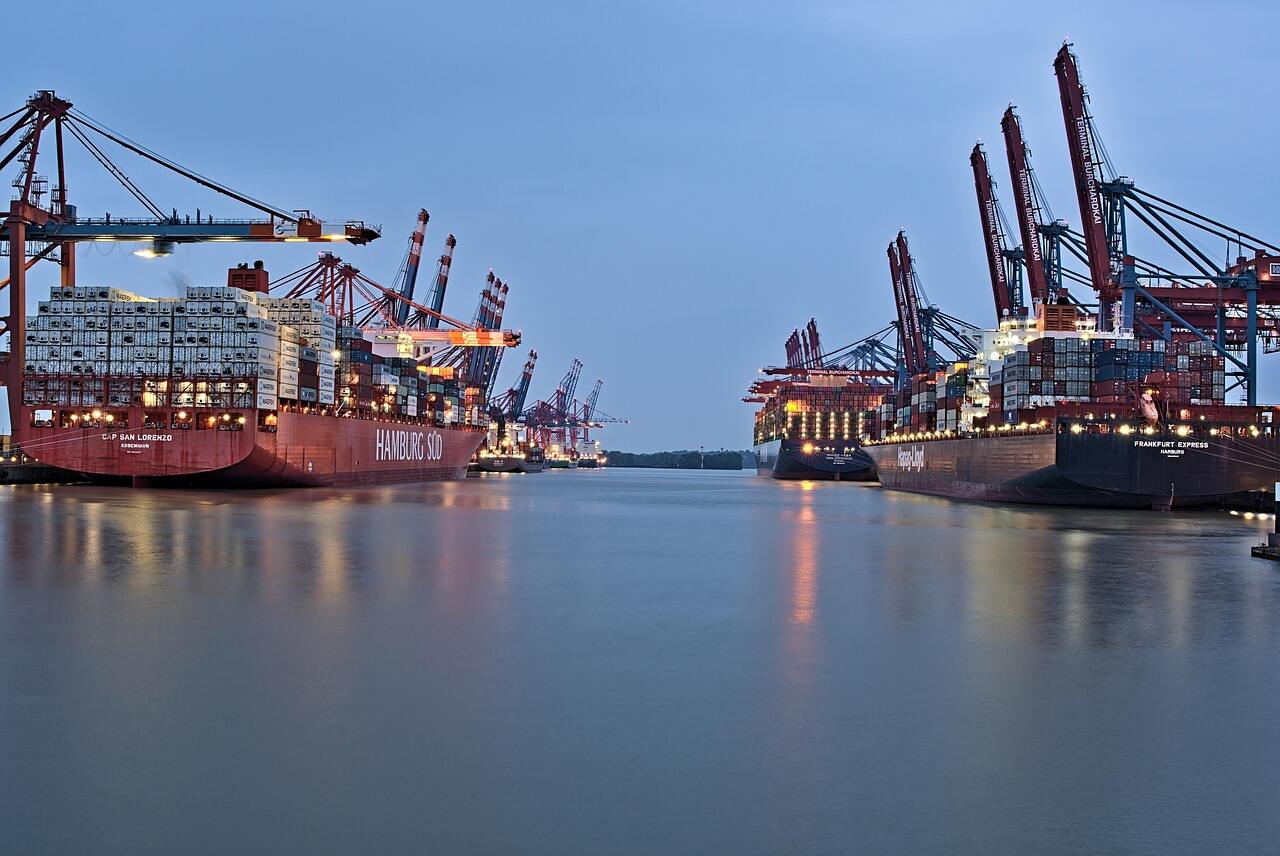Säkrandet av global handel genom maritim transport
Internationell fraktfartygstransport utgör grunden för den globala handeln och transporterar över 80 % av världens varor över stora oceaner. Detta avgörande maritima nätverk förbinder kontinenter, ekonomier och företag samtidigt som det upprätthåller kraftfulla säkerhetsåtgärder för att skydda värdefullt gods. När den globala handeln fortsätter att växa blir betydelsen av säkra transportsystem allt viktigare för företag och ekonomier världen över.
Modern internationell sjöfrakt innefattar flera lager av säkerhetsprotokoll, avancerade spårningssystem och stränga regler för att säkerställa att gods når sin destination säkert. Från high-tech containertätningar till satellitövervakning utvecklas industrin ständigt för att möta nya utmaningar och upprätthålla integriteten i globala leveranskedjor.
Avancerade säkerhetsteknologier inom maritim sjöfart
Containrars spårnings- och övervakningssystem
Den internationella sjöfraktindustrin använder sofistikerade spårningsteknologier för att övervaka transporter i realtid. GPS-aktiverade containrar ger kontinuerliga positionsuppdateringar, medan smarta sensorer upptäcker obehörig åtkomst, temperaturfluktuationer och andra potentiella säkerhetsproblem. Dessa avancerade system gör det möjligt för rederier och kunder att behålla fullständig synlighet under hela transportens gång.
Elektroniska förseglingar och blockkedjeteknologi förbättrar säkerheten ytterligare genom att skapa oföränderliga loggar över containeråtkomst och upprätthålla en oföränderlig ägandesekvens. Denna digitala infrastruktur hjälper till att förhindra stöld och säkerställer ansvarsfull hantering vid varje transportsteg.
Säkerhetsåtgärder för sjöfartsoperationer
När transportskeppens verksamheter blir alltmer digitaliserade skyddar effektiva cybersäkerhetsåtgärder kritiska system från potentiella hot. Sjöföretag investerar stort i säkra kommunikationsnät, krypterad dataöverföring och avancerade brandväggssystem för att skydda känslig information och upprätthålla driftsäkerhet.
Regelbundna säkerhetsgranskningar och uppdateringar säkerställer att den digitala infrastrukturen förblir motståndskraftig mot utvecklade cyberhot och skyddar både godsdata och fartygsoperationer. En helhetsbild av cybersäkerhet har blivit avgörande inom modern internationell sjöfart.
Regelverk och internationella standarder
Globala säkerhetsprotokoll och certifieringar
Internationella sjöfraktoperatörer måste följa stränga säkerhetsstandarder som fastställts av olika sjöfartsmyndigheter. International Ship and Port Facility Security (ISPS)-koden fastställer omfattande riktlinjer för fartygs- och hamnsäkerhet, medan organisationer som International Maritime Organization (IMO) regelbundet uppdaterar säkerhetskrav för att möta nya utmaningar.
Efterlevnad av dessa regler kräver pågående utbildning, dokumentation och regelbundna revisioner för att upprätthålla nödvändiga certifieringar. Detta standardiserade tillvägagångssätt säkerställer enhetliga säkerhetspraxis längs internationella sjöfartsrutter och i anlöpshamnar.
Tull- och gränsövervakningsåtgärder
Samarbete mellan rederier och tullmyndigheter världen över bidrar till att upprätthålla säkra internationella handelskorridorer. Avancerade godsinspektions-tekniker, riskbedömningsprotokoll och samordnade kontrollförfaranden förebygger olagliga aktiviteter samtidigt som de legitima varuflödena underlättas.
Föranmälningsystem och elektronisk dokumentation underlättar tullavvikling medan höga säkerhetsstandarder upprätthålls. Denna balans mellan effektivitet och säkerhet är avgörande för moderna internationella sjöfraktsoperationer.
Fysisk säkerhet och riskhantering
Skepps- och besättnings säkerhetsprotokoll
Skeppssäkerhetsplaner omfattar omfattande åtgärder för att skydda fartyg, besättning och last under transport. Beväpnad säkerhetspersonal, övervakningssystem och säkra åtkomstkontroller förhindrar obehörig tillträde och potentiella hot. Regelbundna säkerhetsövningar säkerställer att besättningen är förberedd på olika nödsituationer.
Vädrorutter och realtidsbedömningar av hot hjälper fartyg att undvika områden med hög risk och naturliga faror, medan kontinuerlig kommunikation med landbaserade säkerhetsgrupper ger ytterligare stöd vid behov.
Hämns- och terminalers säkerhetsinfrastruktur
Moderna hamnar har flera säkerhetslager, inklusive områdesstängsel, övervakningssystem (CCTV) och automatiserade åtkomstkontroller. Specialiserad utrustning skannar containrar efter obehöriga innehåll, medan utbildad säkerhetspersonal övervakar alla last- och lossningsoperationer.
Integrationen av hamnsäkerhetssystem med nationella säkerhetsnätverk möjliggör snabb respons vid potentiella hot och säkerställer samordnad åtgärd när säkerhetsincidenter uppstår. Den här omfattande strategin skyddar gods under sårbara hamnoperationer.
Vanliga frågor
Vilka säkerhetsåtgärder skyddar värdefullt gods under internationell sjöfrakt?
Internationell sjöfrakt använder flera säkerhetslager, inklusive GPS-spårning, elektroniska förseglningar, övervakningssystem och beväpnad säkerhetspersonal. Avancerad containrövervakningsteknologi, säkra dokumentationsprocesser och samordnade tullinspektioner arbetar tillsammans för att skydda gods under hela resan.
Hur säkerställer rederier cybersäkerhet i maritima operationer?
Skeppningsföretag tillämpar kraftfulla cybersäkerhetsåtgärder, inklusive krypterad kommunikation, säkra nätverk, regelbundna systemuppdateringar och omfattande personalutbildning. Kontinuerlig övervakning och incidenthanteringsprotokoll skyddar mot digitala hot mot gods och fartygsoperationer.
Vilken roll spelar internationella regler i säkerheten för sjöfrakt?
Internationella regler, såsom ISPS-koden, fastställer obligatoriska säkerhetsstandarder för fartyg och hamnar världen över. Dessa regler kräver specifika säkerhetsprotokoll, dokumentationsförfaranden och regelbundna revisioner för att upprätthålla efterlevnad och säkerställa enhetliga säkerhetsrutiner i globala transportsystem.



